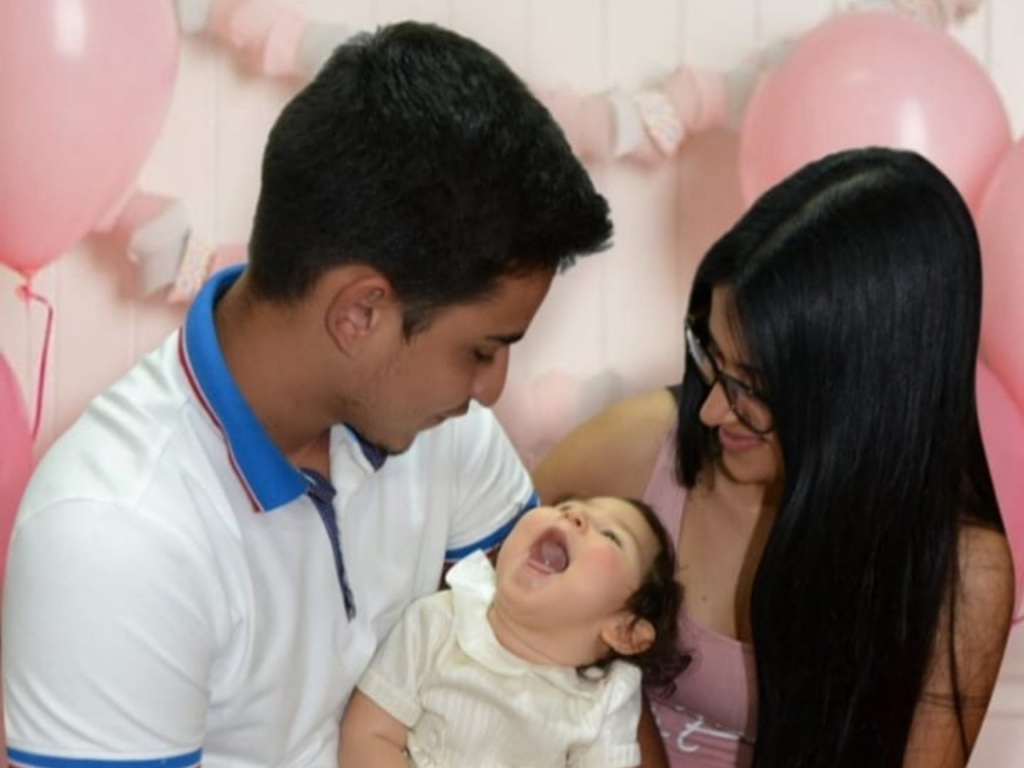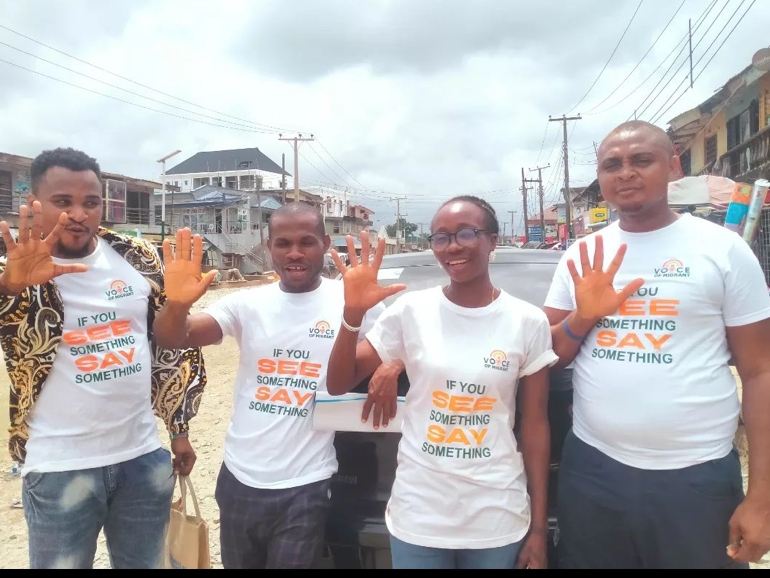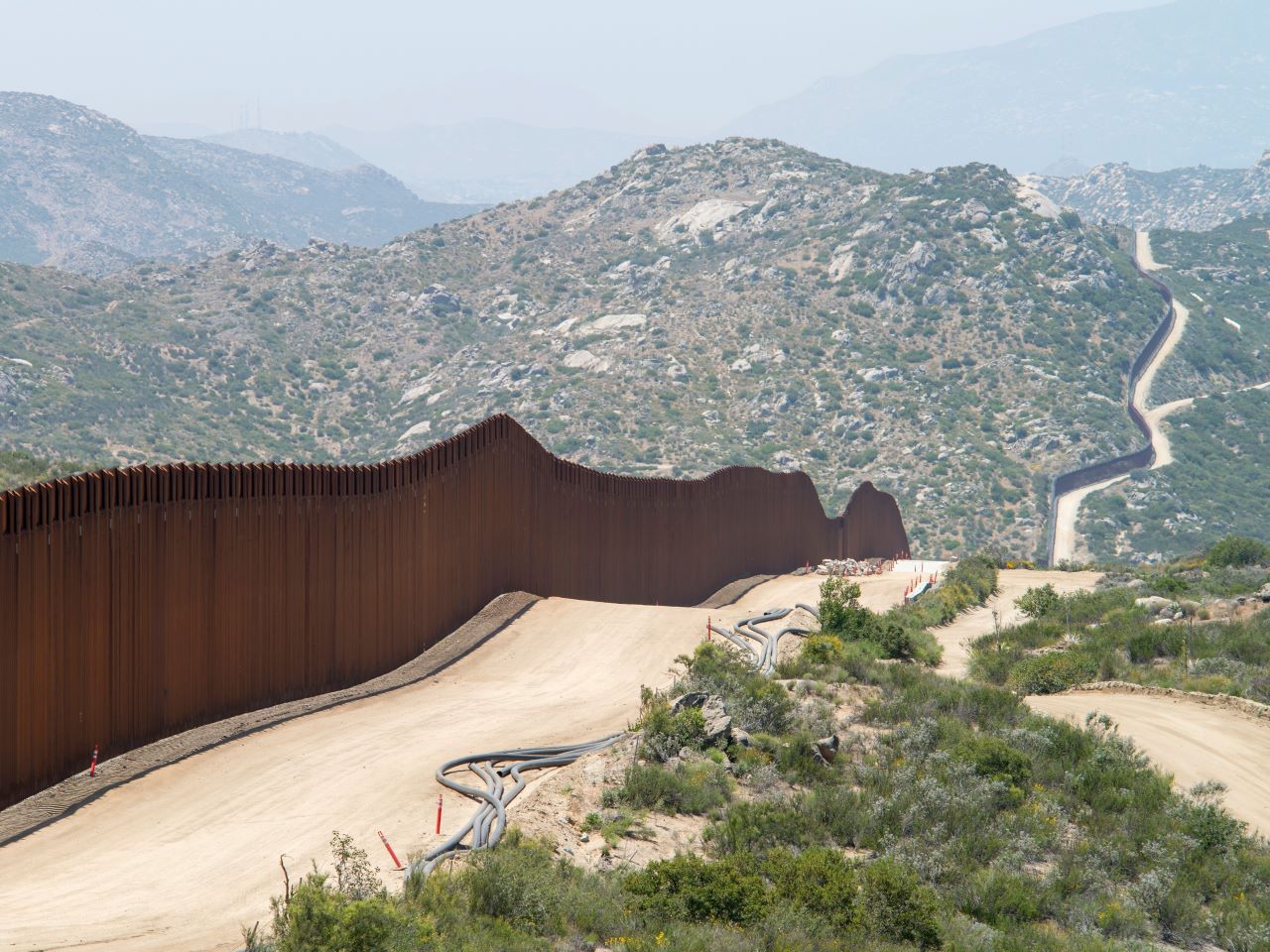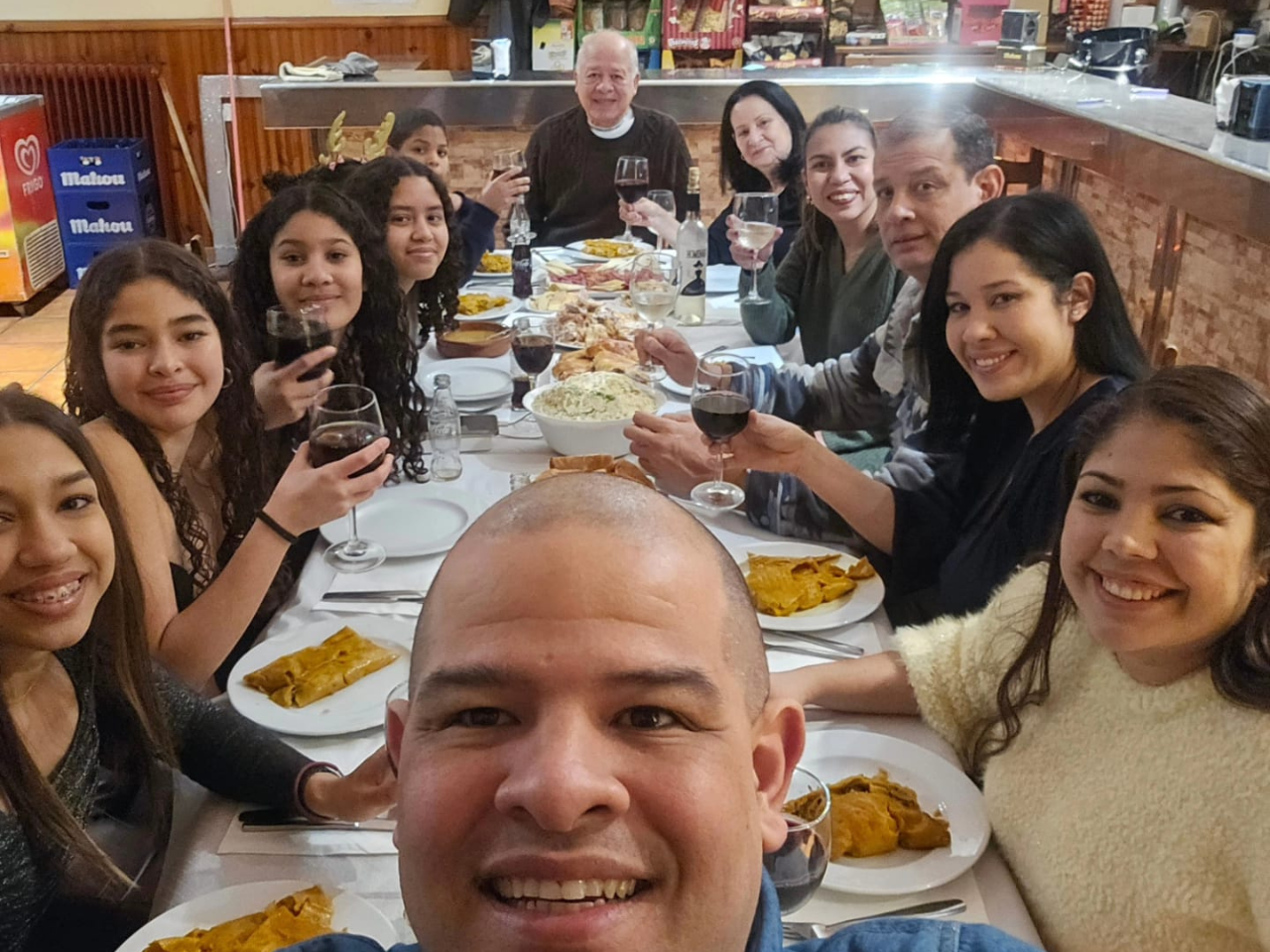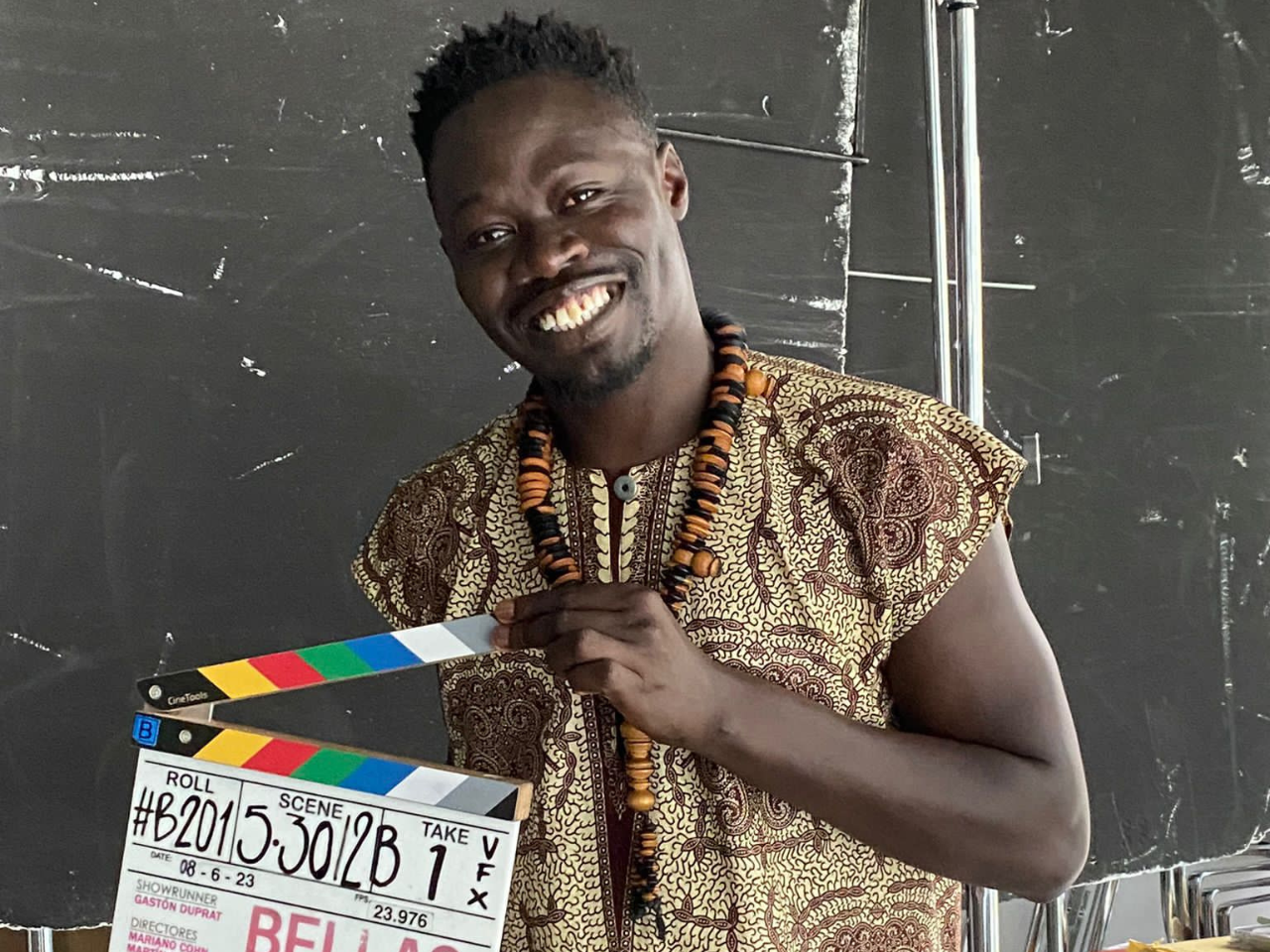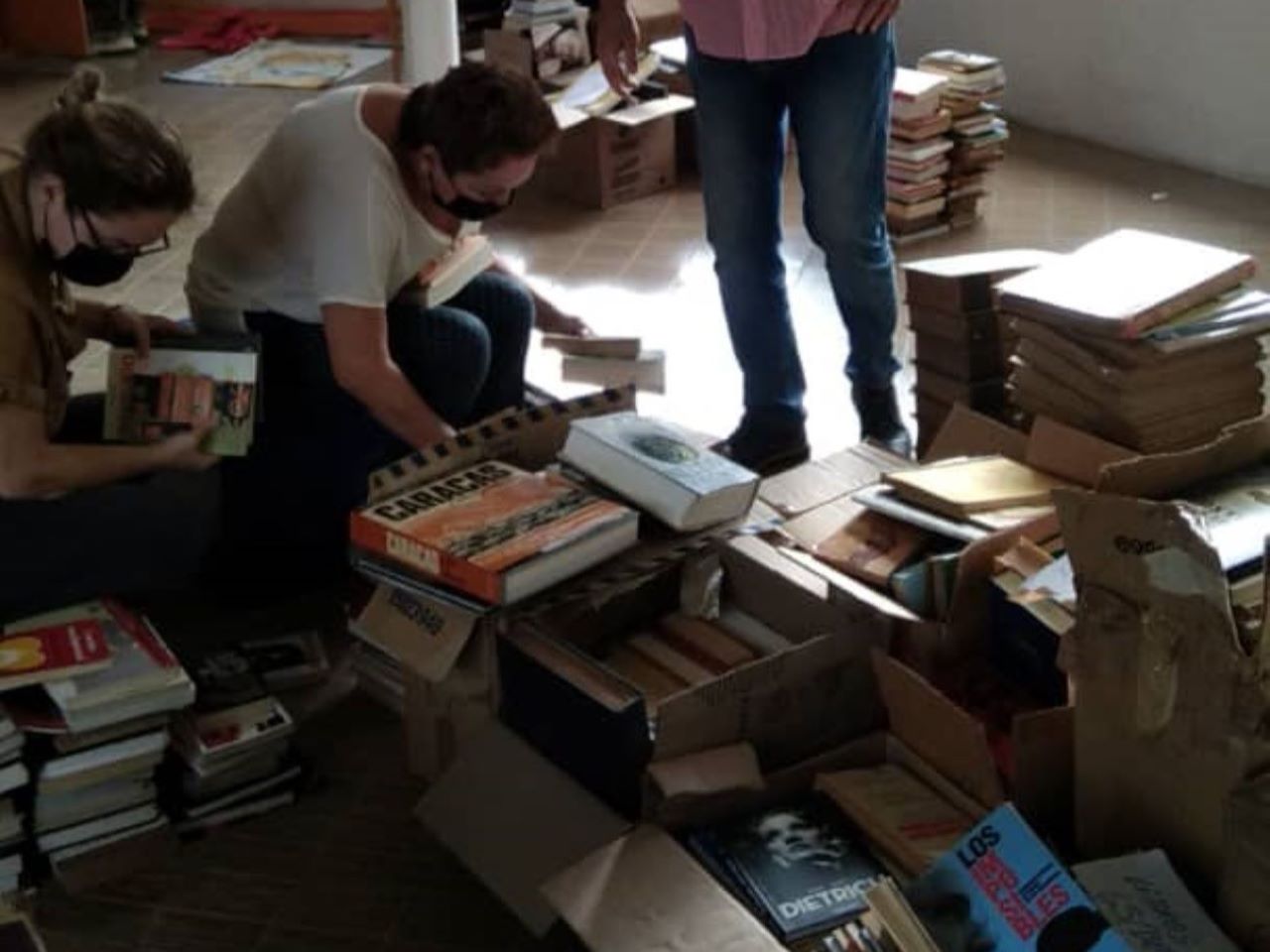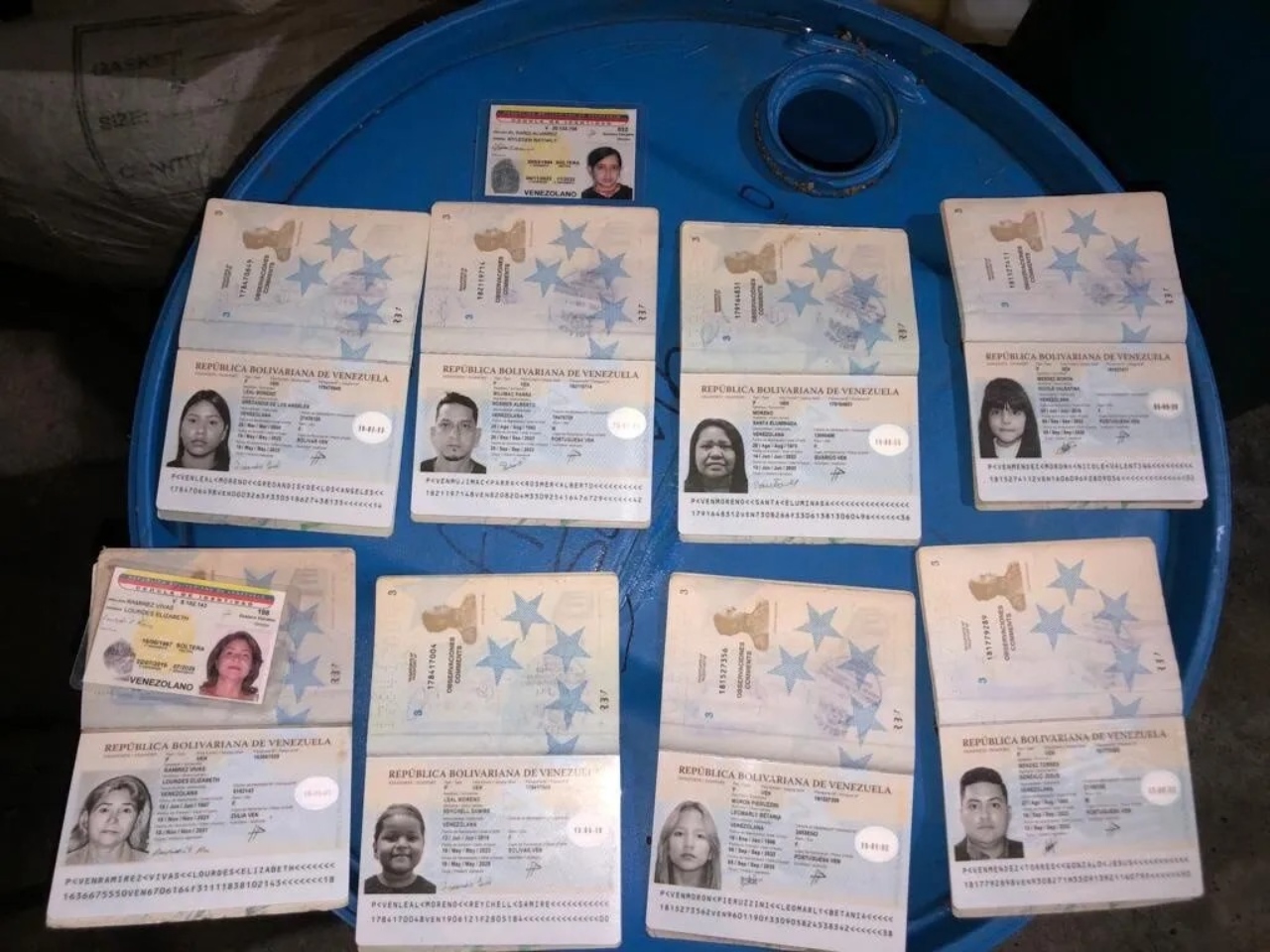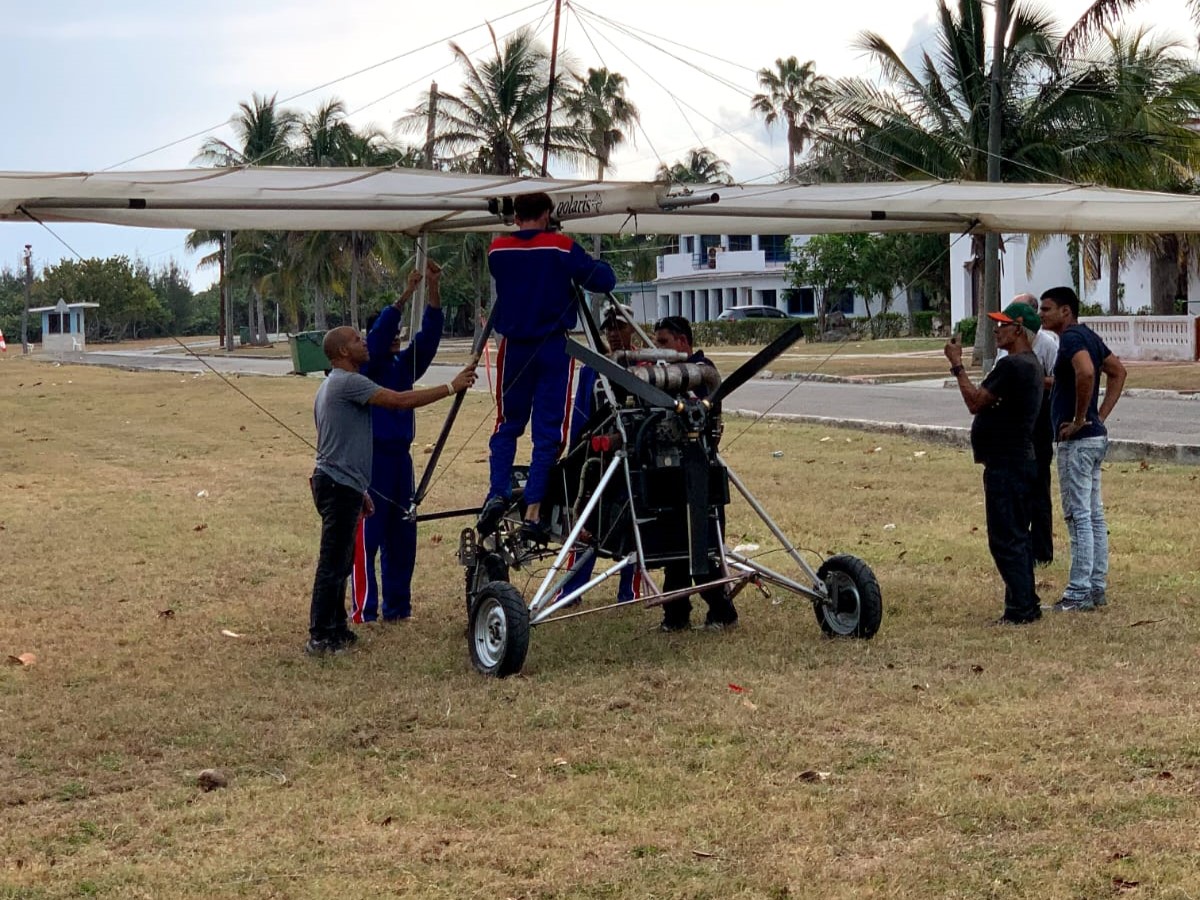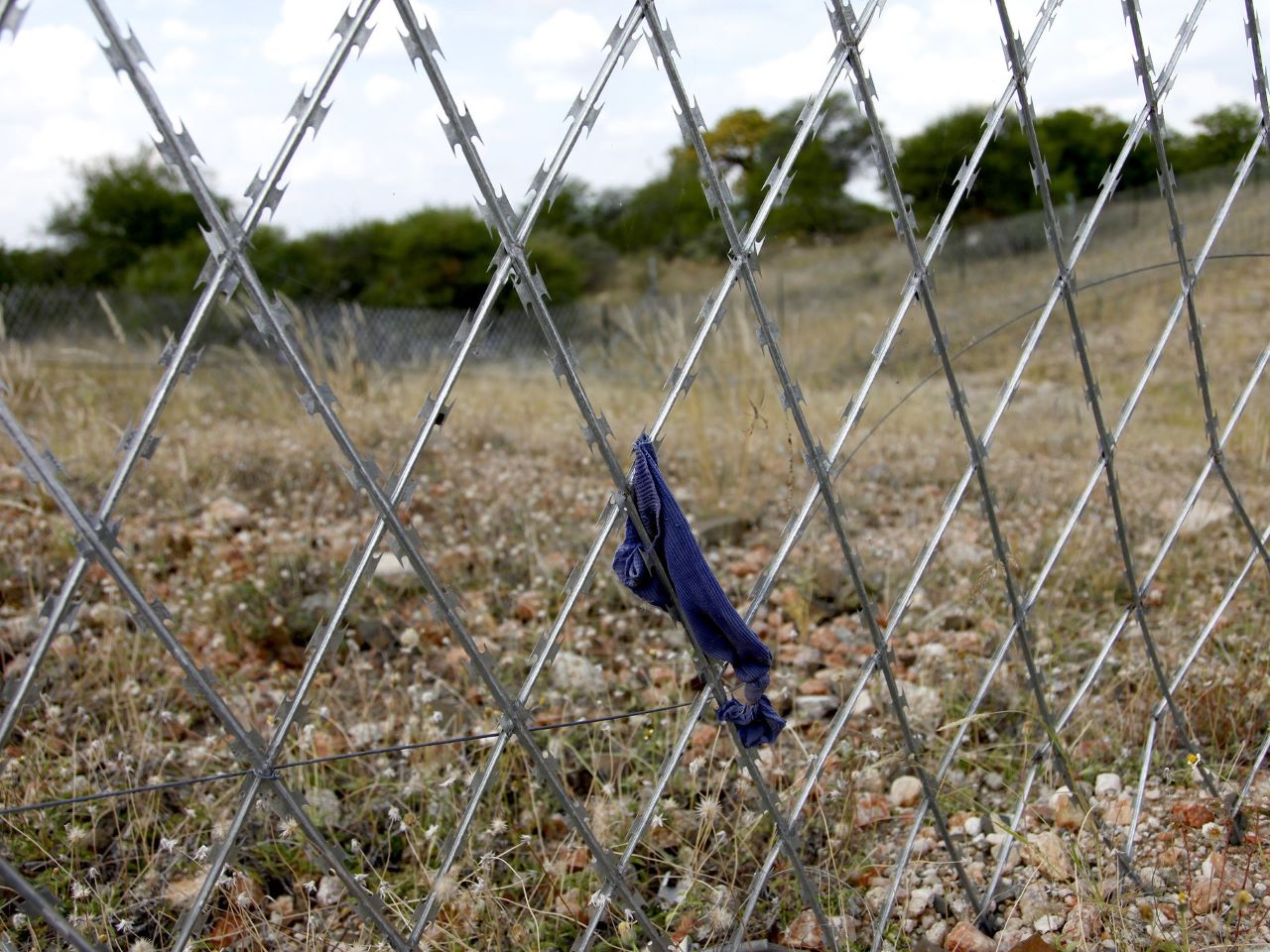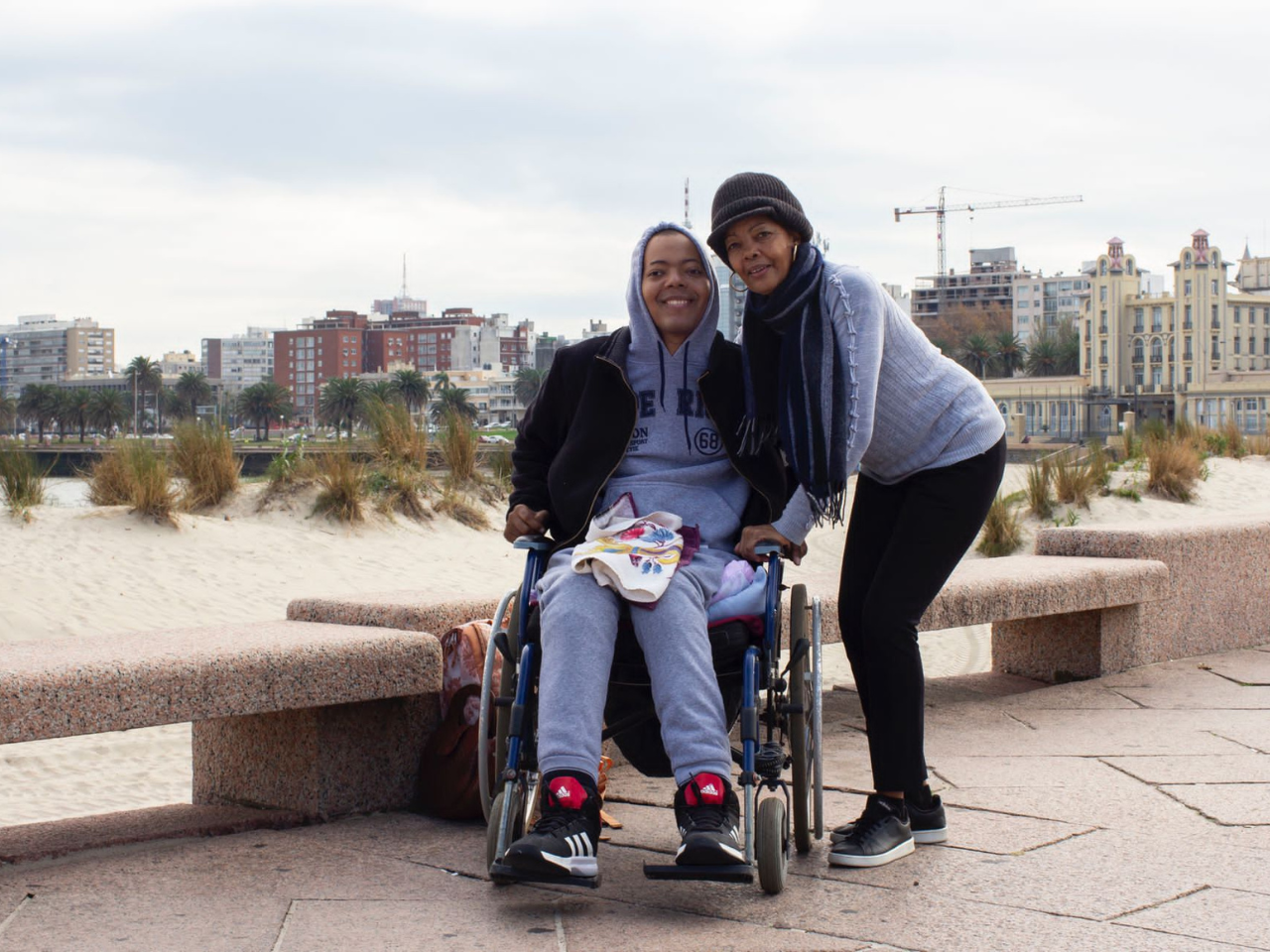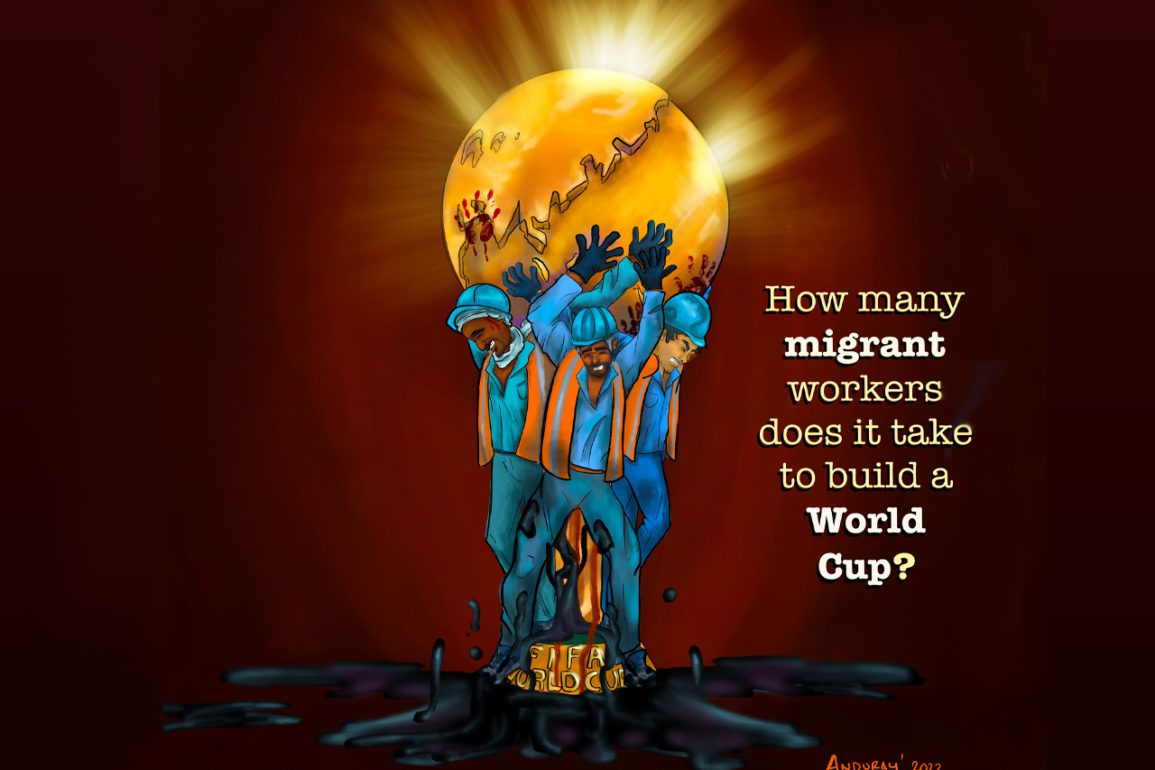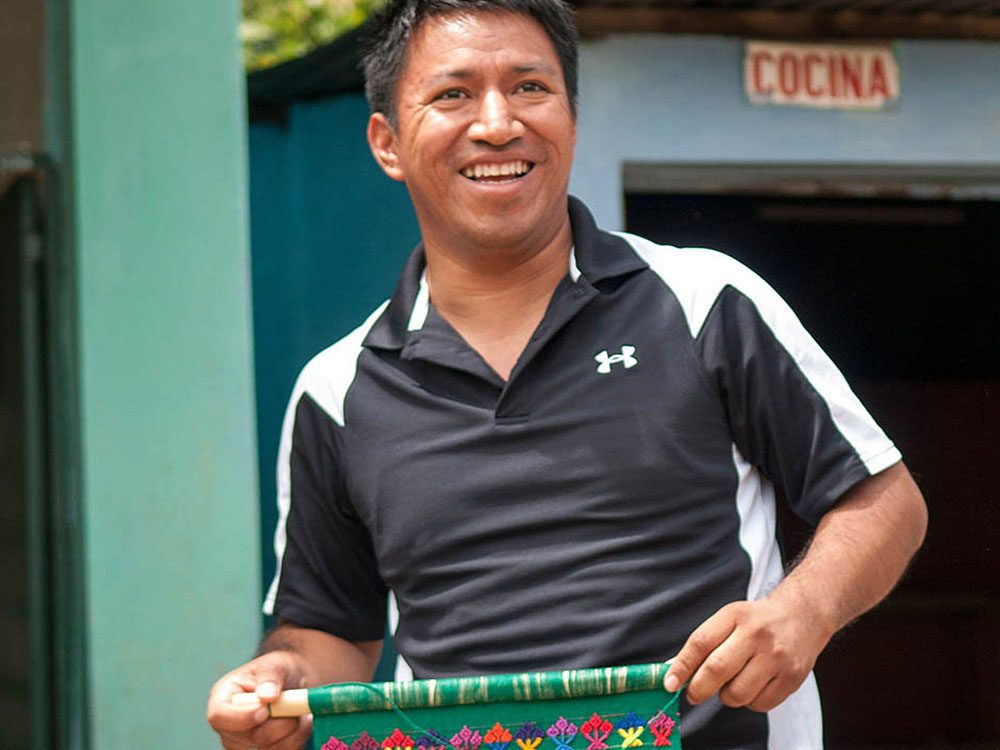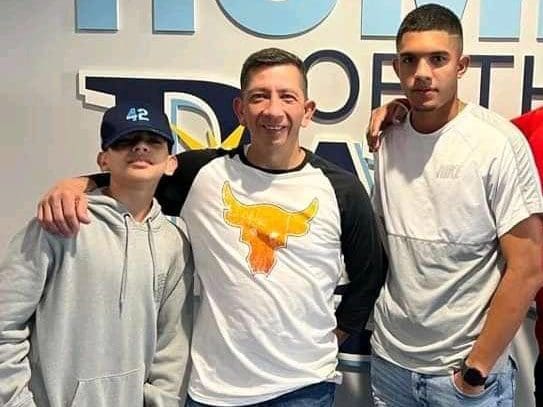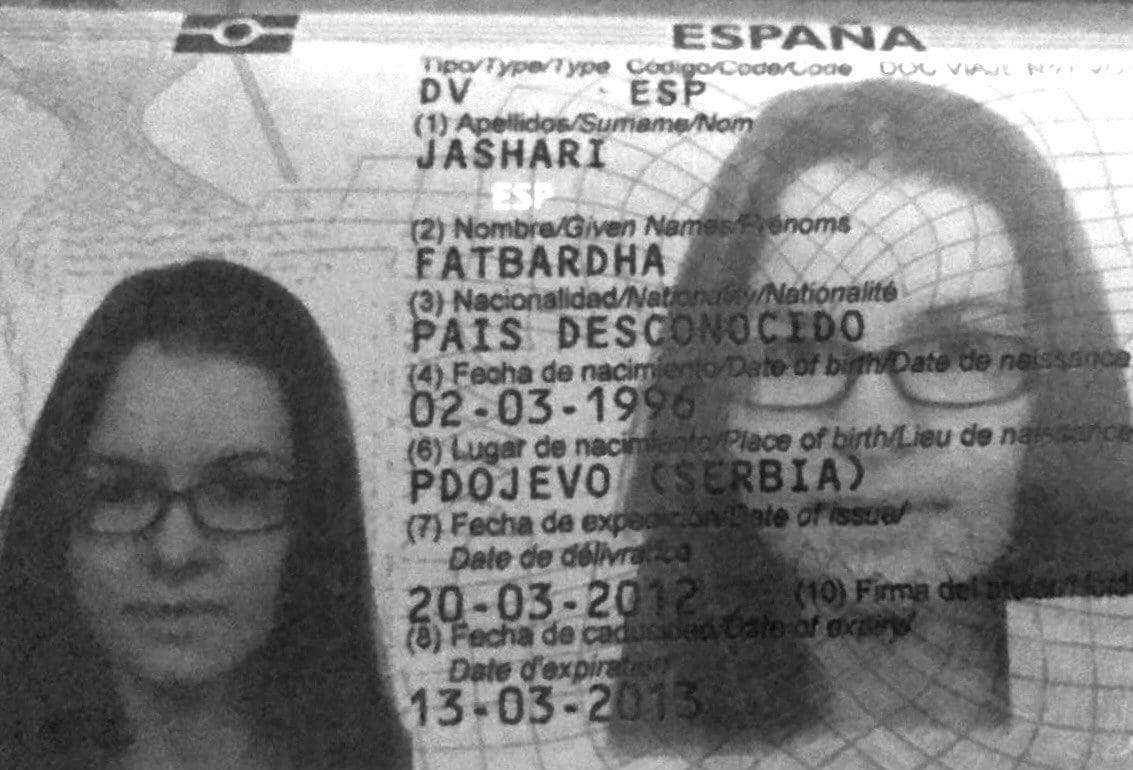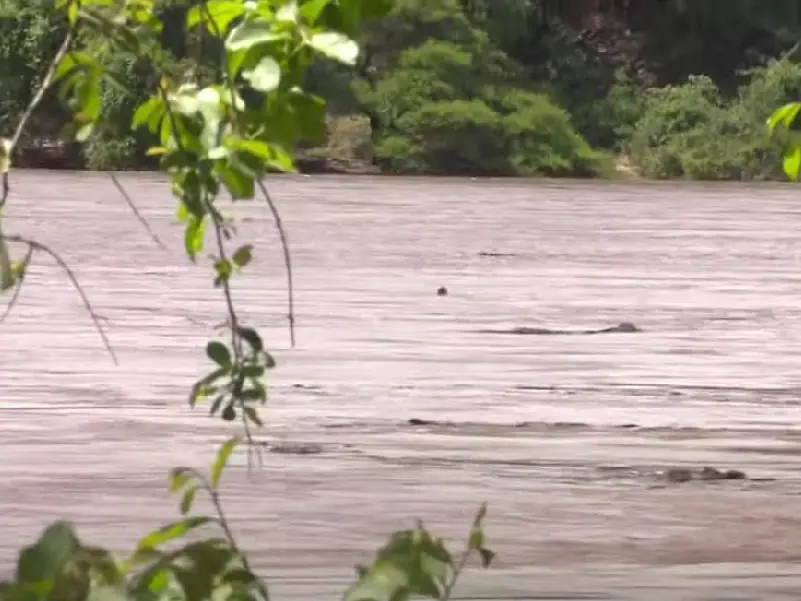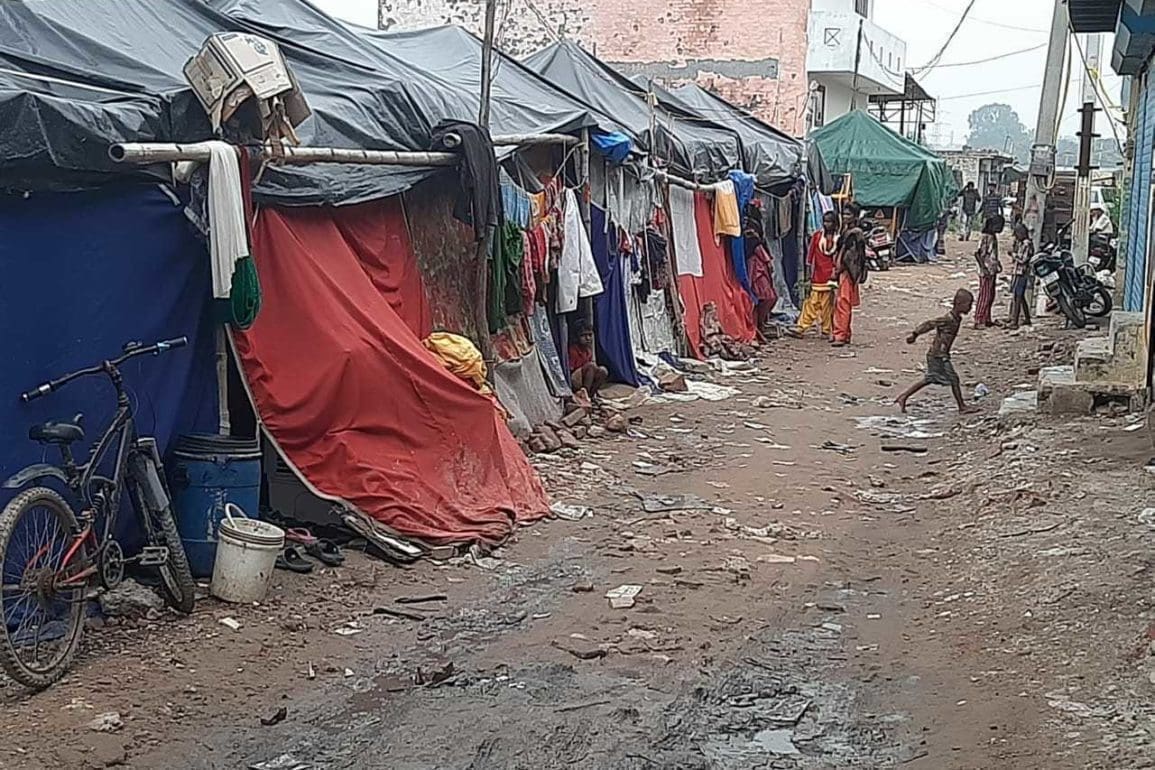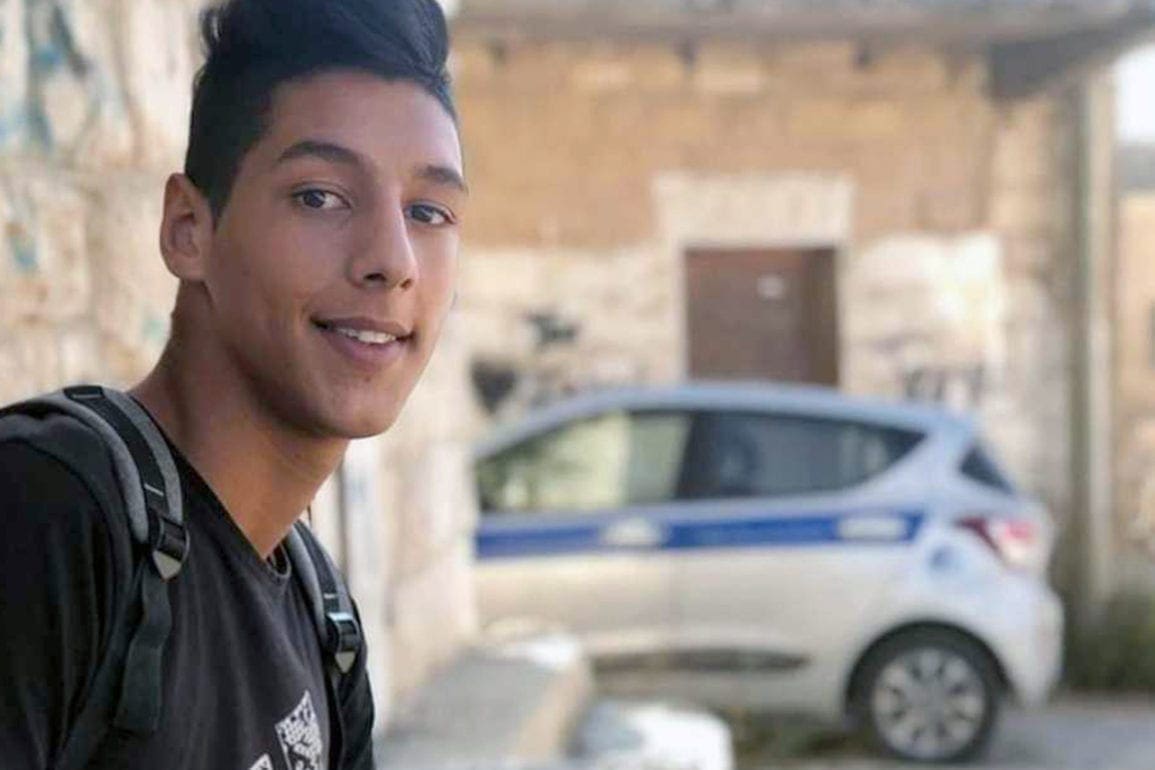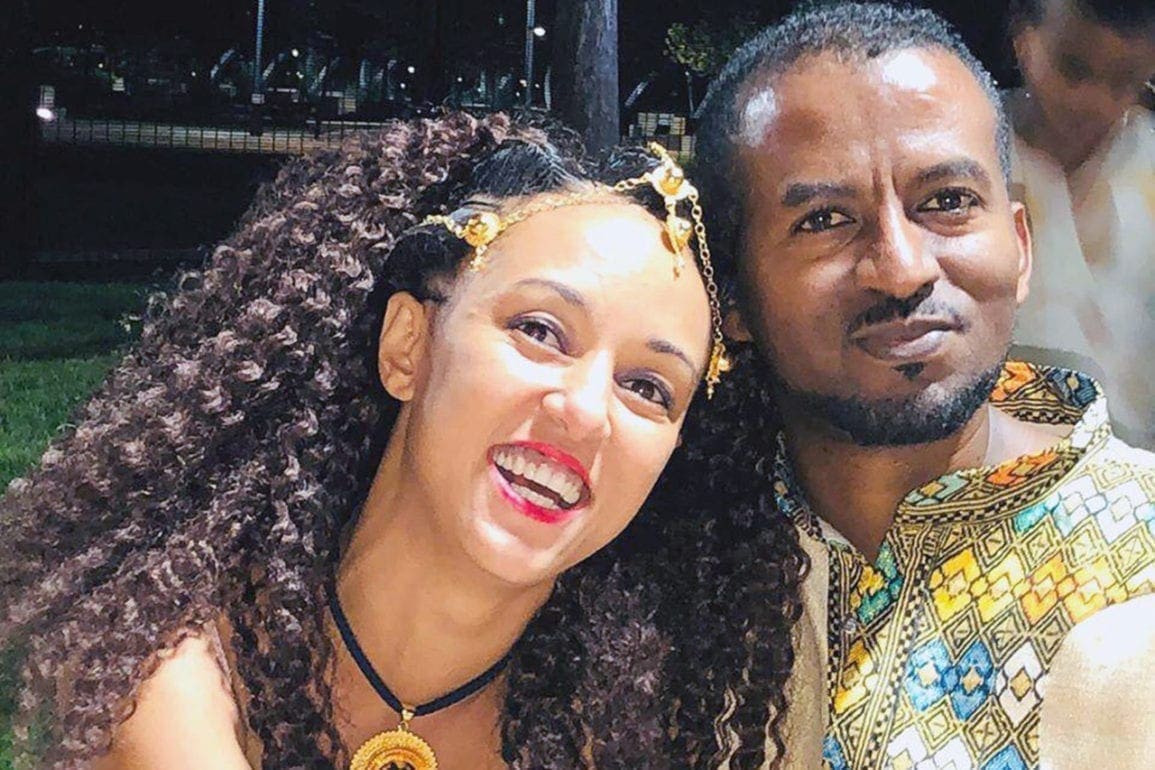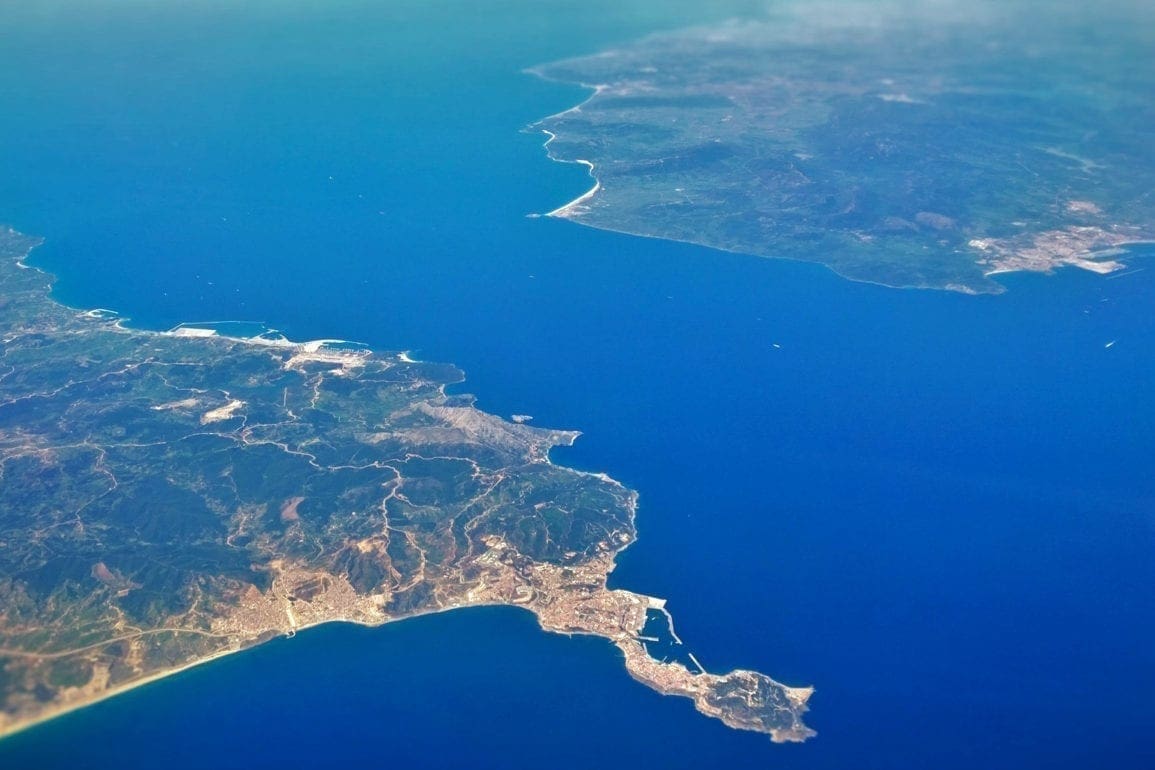Illegal immigration attempt from Venezuela leads to death of her daughter: mother makes it to Wisconsin on humanitarian visa
Although we tried to hold on, it proved useless; the water swallowed the boat. Some people screamed in terror, while others locked themselves inside… Some people jumped into the sea and others flew into it by the force of the waves.
- 2 years ago
June 5, 2024
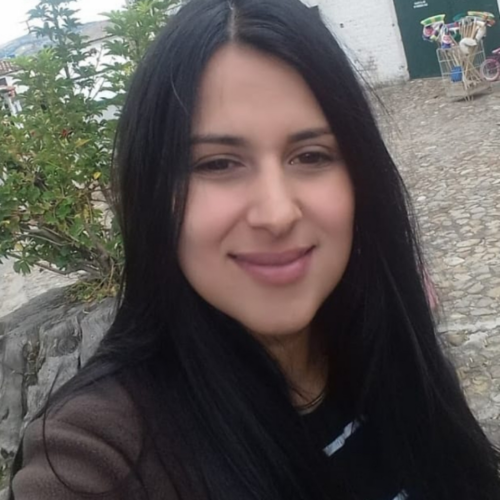
WISCONSIN, United States — I walk around my apartment in Wisconsin feeling a calmness I haven’t experienced in years. Things seem to be working; my life is stable, and I can think about long-term projects. However, none of this makes me happy. I came here mainly for my daughter, but she died during the terrifying trip from Venezuela. Without her, nothing seems to make much sense.
Read more immigration stories at Orato World Media.
Economic hardship in Venezuela: “I had no choice but to migrate”
Life in Venezuela became increasingly overwhelming as economic hardship turned every day into a struggle for survival. For me, it became an unequal struggle. My daughter Amira was born with cerebral palsy and microcephaly, requiring constant care, expensive therapies, and medications. Her father emigrated to the United States to find stability and send us money. Soon, I realized I had no choice but to join him there. Venezuela offered us little in comparison, and it wasn’t enough.
On December 4, 2023, I set out to leave Venezuela with my daughter, sister, and niece. The next day, we arrived in San Andres Island, Colombia. From there, we planned to cross to Corn Island in Nicaragua. Every moment of the journey terrified me. Although I tried to be strong, I felt deeply afraid. A friend who previously endured the experience tried to reassure me from a distance. “It’s very dangerous, but I was able to get there without any problems,” she told me. Her words offered little comfort, but in my state of desperation, I had no choice but to continue the trip.
On December 22 at midnight, we were told we could make the crossing. It would be a six-hour boat ride to Nicaragua in the middle of the night. At the port, a gentle breeze tempered the heat and slightly moved the boats resting there. There was almost no movement or noise other than that of our group. Nearly 40 people gathered, seeking a better destination. A small boat ferried us to the larger boat hidden behind the dock.
From Venezuela to Shipwreck: “We ran out of gas. The boat’s speed dropped rapidly until we couldn’t move forward”
I climbed into the boat with Amira in my arms, set our backpacks down, and looked around for something to give me a sense of security. I found nothing. As soon as the boat started moving, darkness enveloped us. I sat surrounded by water and blackness. The boat, with us in it, felt like a tiny dot in the vast expanse. As we moved forward, the boat’s speed broke the intense swell, causing the sea to shake.
Halfway through the journey, we stopped to change boats. As everyone transferred to the one that would take us to our destination, I sensed something bad might happen. I didn’t want to get on the other boat; I was terrified. It felt like my body and mind dissociated. While I moved toward the second boat, my thoughts screamed to stop, to stay there, and interrupt the trip. I did not listen to my instincts, and that had devastating consequences.
Not for a second did I enjoy the trip. I felt no connection to hope for a better future or anything else; I just wanted to get there. All I could think about was reaching dry land with my little girl. To keep her from worrying, I pretended to be happy the whole way. I sang to her, played with her, and talked to her sweetly, always with a simulated smile that hid my real panic. I wanted her to feel safe. Suddenly, the engine started making a strange noise, like rattling. We ran out of gas. The boat’s speed dropped rapidly until we stopped moving forward. At that moment, the power of the waves around us became apparent.
A huge wave completely submerged the boat
Without the engine, we failed to break through the waves, floating there at their mercy. The sea rocked the boat and swayed us from side to side. We struggled to keep our balance. Although we tried to hold on, it proved useless; the water swallowed the boat. Some people screamed in terror, while others locked themselves inside, seeking strength.
Some people jumped into the sea and others flew into it by the force of the waves. My sister jumped in, taking my niece with her. I held on until a huge wave completely submerged the boat. The tide carried me to the side, while others became trapped underneath. Moments later, we were all scattered, with no trace of the boat.
The life jackets kept us afloat as the waves repeatedly covered us, forcing us to hold our breath until we resurfaced. Every time I submerged and swallowed water, I feared drowning. I felt terrified for my daughter. I held her close, trying to protect her, even though I could barely manage myself. Desperation guided our every move.
A few meters away, I saw a woman traveling with her eight-year-old daughter. She shouted something about small sharks, fearing the larger ones may appear soon. Then, she did something I will never forget. She took off her and her daughter’s life jackets and tried to drown them both. The girl, driven by survival instinct, managed to free herself and live. The woman died. It felt violent and horrifying. On the surface, it remained hot. Dawn broke, and the sun beat down, but my legs felt cold. For five hours, we fought against the tides until the Nicaraguan coast guard saw us and pulled us out of the water.
Amira dies seconds before getting a ventilator: “Her heart couldn’t hold out any longer”
My baby remained alive. When I got on the boat, I sat down and saw the body of the woman who had taken her life minutes before next to me. Strangely, I felt no more fear. My daughter was all I could think about.
They took us to the hospital, and she still had vital signs, but when they were about to put her on a ventilator, her heart failed. Her life, and a significant part of mine, was snuffed out. For me, the world ended at that moment. I felt disoriented, unable to comprehend what was happening.
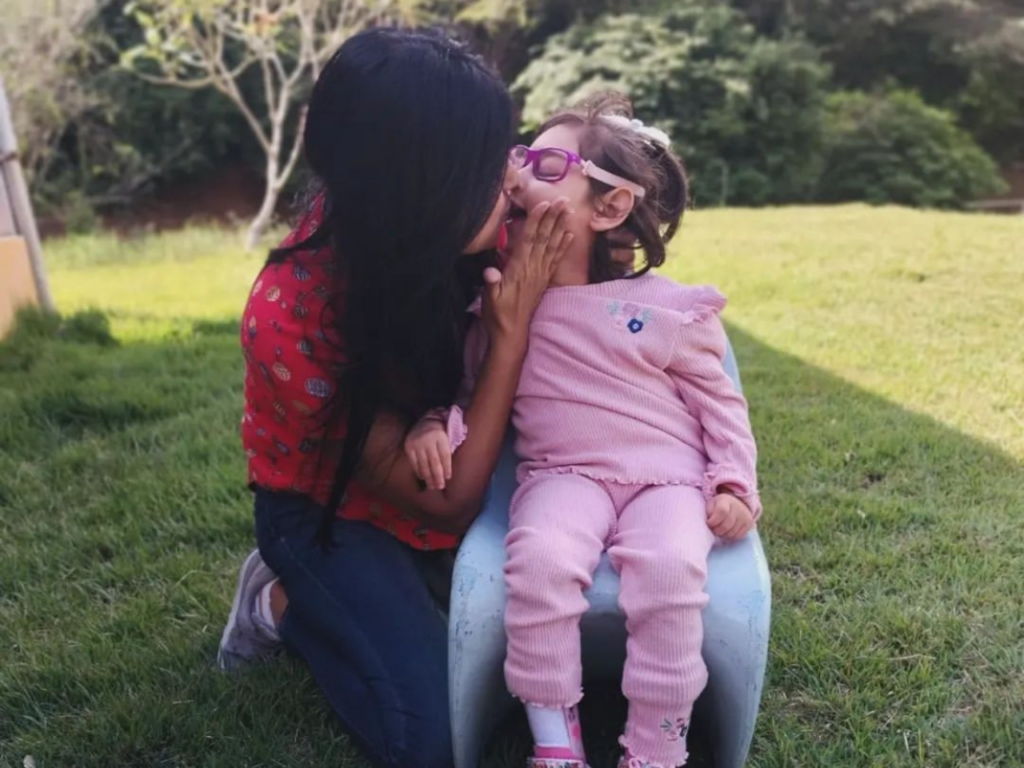
Half an hour later, I began to think about my sister and my niece. The hospital felt choatic, with ambulances and a stream of people from the shipwreck arriving. I saw the dead body of the woman again and asked about my family. When I saw that no one knew anything, I assumed they died. Outside, it began to rain heavily, which complicated any rescue efforts, and I gave up hope.
At 8:00 p.m., my sister and niece finally appeared alive. We melted into an embrace. As soon as we parted, they both asked about my daughter. The joy of our reunion became immediately overshadowed by the loss of Amira. Amid my deep sorrow, I received a call from the Venezuelan embassy offering to transfer my daughter’s body back home, on the condition that I also take the body of the woman who killed herself. I felt afraid of returning to Venezuela and being imprisoned, knowing people who left illegally like me, had been accused of treason. So, with my sister, we decided to continue our journey.
We tried to cross into the United States multiple times, but immigration always caught us and turned us back
In the capital of Nicaragua, I cremated my daughter so I could take her with me wherever I went. We crossed into Honduras and then Guatemala without many inconveniences. However, in Guatemala, we began to witness the mafia environment surrounding illegal immigration. Armed and intimidating men fought among themselves to control more people. We became commodities to them.
As we crossed into Mexico, a group of armed individuals stopped us and took us to a bush in the middle of the night. They demanded $400 each to allow us to continue. “If you don’t pay, you’re not leaving here,” they threatened. We didn’t have that amount, so I took a deep breath and shared our story, including the death of my little girl. After four agonizing hours, during which they verified the shipwreck online, they allowed us to pay a reduced amount.
Our stay in Mexico felt like a nightmare filled with horrific experiences. We tried to cross into the United States multiple times, but immigration always caught us and turned us back. It felt frustrating to be stuck in a painful limbo, unable to move forward, unable to stay, and constantly in danger.
For months, we worked wherever we could and borrowed money until we made it to Matamoros. One night, returning to our rented apartment, I saw many police cars on the sidewalk across the street. They removed a black bag in a large operation. I later found out that it contained a dismembered man. I knew we could not stay in such a place any longer. Resigned, I decided to put myself in the hands of the mafia that dominated the area and make one last attempt to reach the United States.
San Pedro Shelter assists with humanitarian entry permit: “As we walked across the Brownsville Bridge, I felt very nostalgic”
“If things go wrong this time,” I thought, “I am returning to Venezuela.” A coyote came to help us cross the river. As I prepared, I sat down to talk to a girl and shared our story. She advised me, “Don’t do it. Go to the San Pedro shelter. A priest helps vulnerable cases like yours.” I listened to her and went. They helped us process a humanitarian entry permit.
Just a week later, they authorized us to enter the United States with a one-year permit. As we walked across the Brownsville Bridge, I felt very emotional. The purpose of the trip was to better my daughter’s life. Seeing how things work in this country, I know she would have had many opportunities.
I continued my life in America, but I don’t think I can ever be fully happy. I attend church, trying to find some kind of answer. What’s done is done, and I can’t turn back the clock. I know many families in Venezuela in vulnerable situations, facing critical health conditions and severe financial challenges. Now, I can help them. I cannot remain paralyzed because my daughter died. The world keeeps turning.
I think that when my permission to stay in the United States expires, I will return to Venezuela. My daughter’s ashes are still in an urn next to me. I want to give her a proper send-off and bury her in a place where I can visit her forever. That cannot be in the United States, where I could be deported next year. I don’t know if the police will arrest me in my country for leaving the way I did. In truth, after all of this, I have no sense of certainty left in my life.

